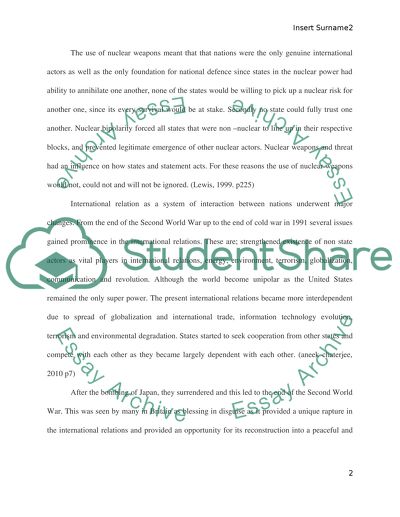Cite this document
(“In what way did the use of nuclear weapons against Japan change Essay”, n.d.)
Retrieved from https://studentshare.org/environmental-studies/1419043-in-what-way-did-the-use-of-nuclear-weapons-against
Retrieved from https://studentshare.org/environmental-studies/1419043-in-what-way-did-the-use-of-nuclear-weapons-against
(In What Way Did the Use of Nuclear Weapons Against Japan Change Essay)
https://studentshare.org/environmental-studies/1419043-in-what-way-did-the-use-of-nuclear-weapons-against.
https://studentshare.org/environmental-studies/1419043-in-what-way-did-the-use-of-nuclear-weapons-against.
“In What Way Did the Use of Nuclear Weapons Against Japan Change Essay”, n.d. https://studentshare.org/environmental-studies/1419043-in-what-way-did-the-use-of-nuclear-weapons-against.


